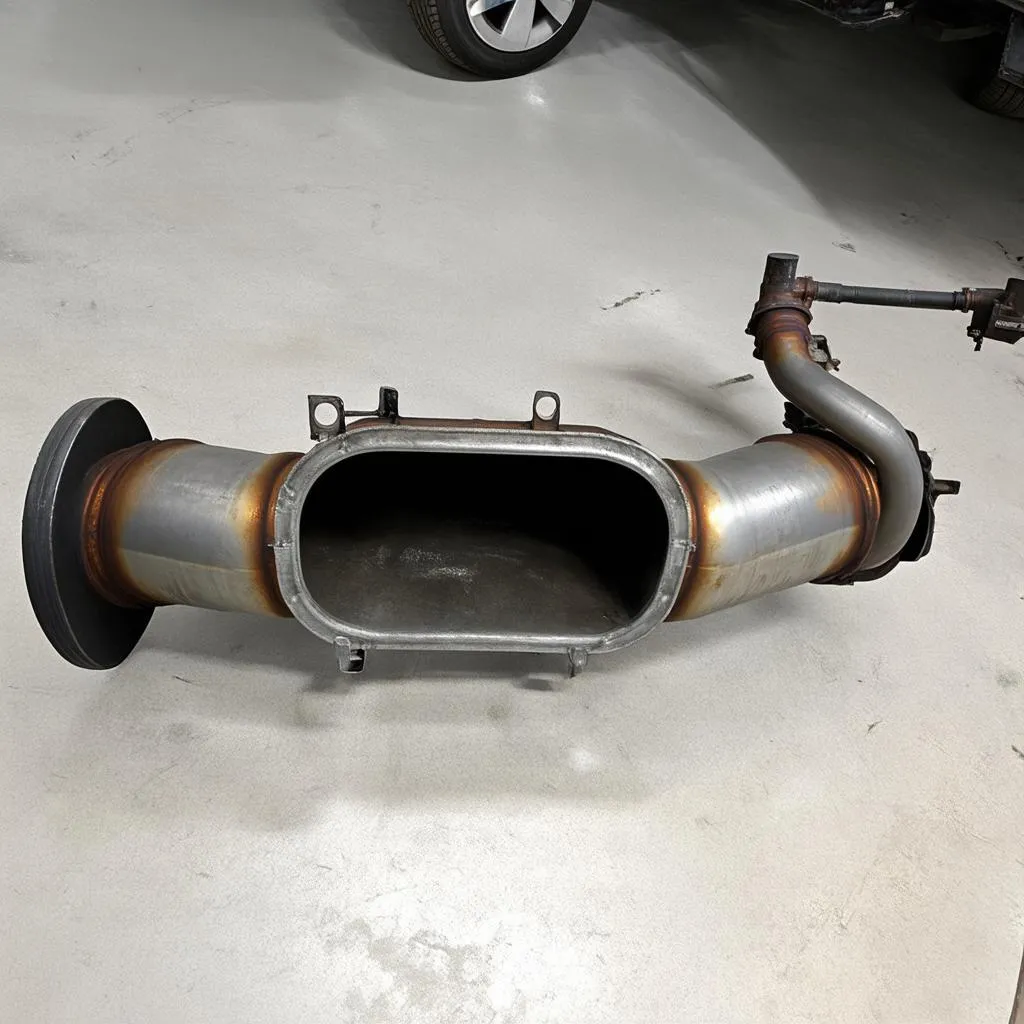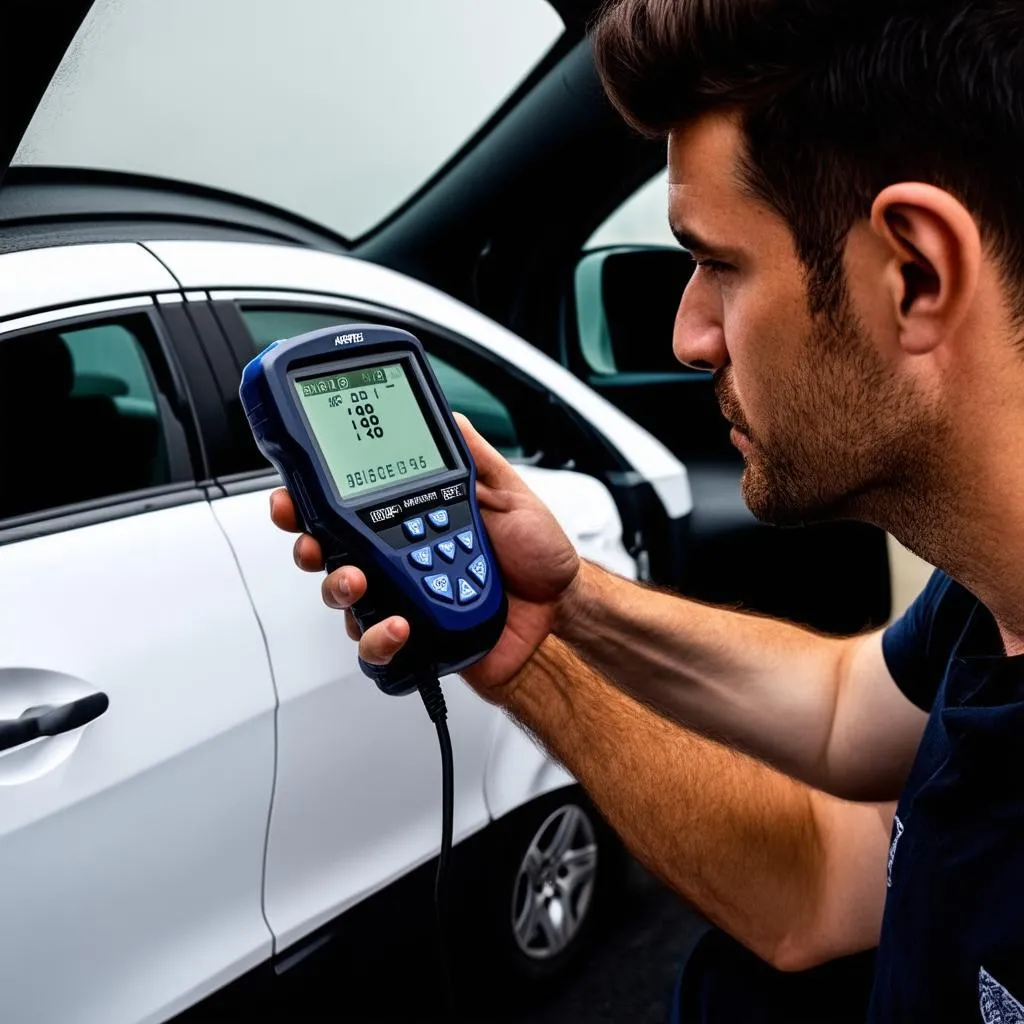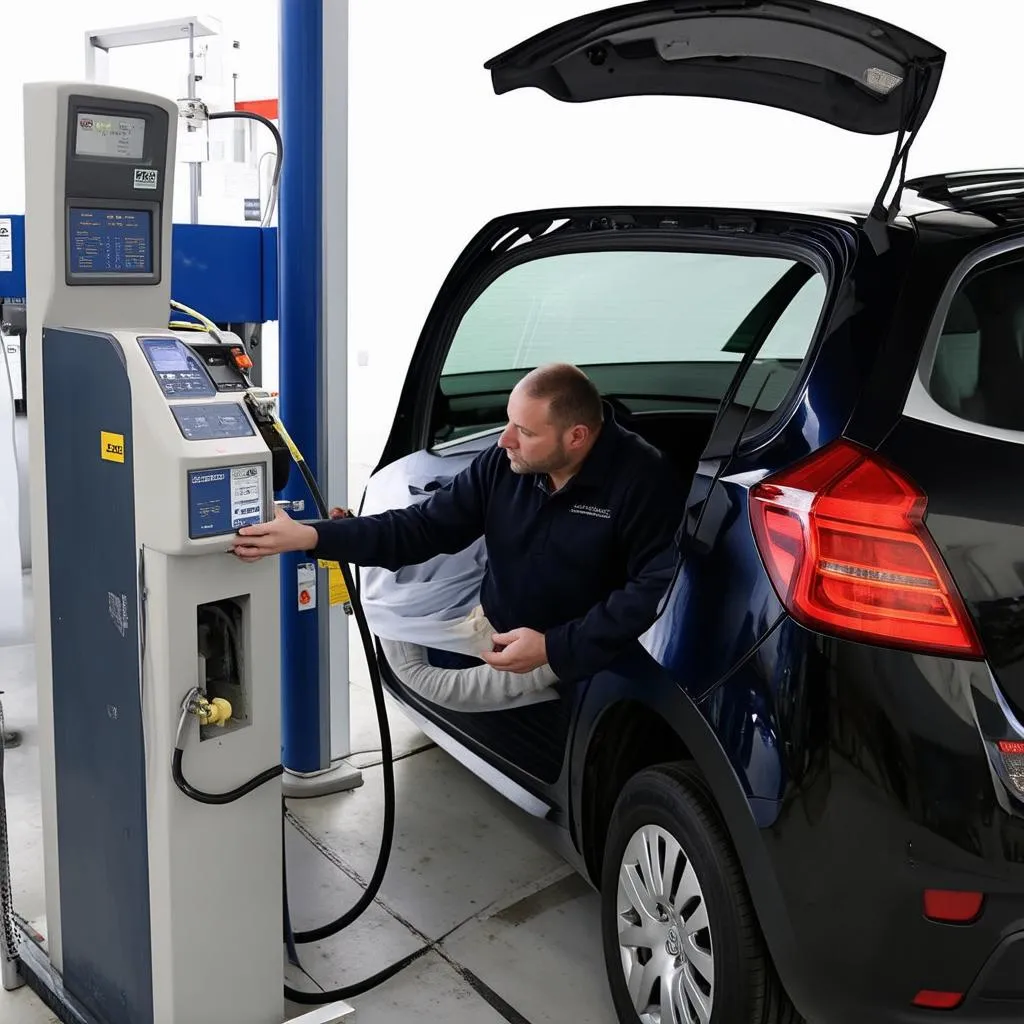2007 BMW X3 Catalytic Converter: Everything You Need To Know
Have you ever wondered why your car’s engine sounds like a grumpy lion, or why it feels sluggish and slow? It might be a sign that your catalytic converter is on its last legs! And if you own a 2007 BMW X3, you’re probably already familiar with the notorious “catalytic converter” warning light.
Let’s dive into the world of catalytic converters and find out what makes them so vital, how to troubleshoot problems, and what to do when it’s time to say goodbye to your old one.
What Is a Catalytic Converter?
The catalytic converter is a vital component of your car’s exhaust system, a little bit like a superhero that cleans up the bad stuff coming out of your engine. It works by converting harmful gases like carbon monoxide, hydrocarbons, and nitrogen oxides into less harmful substances. Think of it as a tiny chemical plant, working tirelessly to make sure the air we breathe is a little cleaner.
Why Is My 2007 BMW X3 Catalytic Converter Giving Me Trouble?
This is where things can get a little complicated. The catalytic converter in your 2007 BMW X3 is a highly engineered part that’s designed to last a long time. However, like any other component, it can eventually wear out or get damaged. Here are some of the most common reasons why your catalytic converter might be giving you trouble:
1. Age and Wear:
Just like our bodies, car parts wear out over time. The catalytic converter has a limited lifespan, and if your 2007 BMW X3 has clocked up some serious miles, it’s possible that the converter is nearing the end of its life.
2. Misfires:
Imagine your engine as a well-oiled machine, working in perfect harmony. When a misfire happens, it’s like a wrench thrown into the gears. Misfires send unburnt fuel into the exhaust system, causing heat damage to the catalytic converter.
3. Poor Fuel:
Ever heard of the saying “you are what you eat”? Well, it applies to cars too! If you’re using low-quality fuel, it can clog up the catalytic converter with harmful deposits.
4. Other Mechanical Issues:
Sometimes, problems with other parts of the engine or exhaust system can have a knock-on effect on the catalytic converter. Issues like a clogged air filter, faulty oxygen sensors, or a leaky exhaust manifold can all contribute to a damaged catalytic converter.
What are the Signs of a Bad Catalytic Converter in my 2007 BMW X3?
There are a few warning signs that your catalytic converter might be on its last legs:
-
Engine Light: The dreaded “check engine” light is often the first sign of a problem. It’s like a little red flag waving at you, saying “Hey, something’s not right!”
-
Loss of Power: You might notice that your 2007 BMW X3 is losing its pep. It might struggle to accelerate, especially when climbing hills.
-
Strange Engine Noises: A rattling or buzzing sound coming from the exhaust system could indicate a damaged catalytic converter.
-
Reduced Fuel Efficiency: You might find yourself stopping at the gas station more often than usual. This can happen if your catalytic converter is no longer doing its job efficiently.
How to Diagnose a Catalytic Converter Issue in your 2007 BMW X3
1. Visual Inspection:
While this won’t tell you the entire story, it can give you a quick idea of whether the converter is physically damaged.
2. OBD-II Scanner:
You can plug in an OBD-II scanner to check for error codes. A specific code related to the catalytic converter will confirm your suspicion.
3. Exhaust Gas Analysis:
A more comprehensive test involves measuring the exhaust gases and comparing them to the emissions standards. This helps to identify any problems with the catalytic converter’s functionality.
What Can I Do About My 2007 BMW X3’s Catalytic Converter Problem?
1. Replacing the Catalytic Converter:
If the converter is damaged beyond repair, the only option is to replace it. It’s crucial to choose a high-quality replacement part that meets the emissions standards for your region. This is where the “cardiagxpert” knowledge comes in. A new converter can be quite costly, but remember, you’re not just replacing a part; you’re restoring your car’s performance, fuel efficiency, and making a positive impact on the environment.
2. Repairing the Catalytic Converter:
Sometimes, repair may be possible if the damage is minor, but this is not always a feasible option.
3. Using a Catalytic Converter Cleaner:
This option involves adding a special chemical to your fuel tank, which claims to clean out deposits and improve the converter’s performance. However, the effectiveness of these cleaners can vary widely.
What to Consider When Replacing a Catalytic Converter in your 2007 BMW X3:
1. OEM vs. Aftermarket:
Original Equipment Manufacturer (OEM) parts are made by the same company that manufactured your car. They’re usually more expensive but offer a guaranteed fit and quality. Aftermarket parts are made by other companies and can be a more budget-friendly option. However, it’s important to choose a reputable brand with a good track record.
2. Emissions Standards:
Ensure that the new converter meets the emissions standards for your region. Check with your local DMV or emissions testing station for specific regulations.
3. Warranty:
Always look for a warranty on your new catalytic converter. It provides peace of mind knowing you’ll be covered if something goes wrong within a specified period.
Tips for Preventing Catalytic Converter Problems:
1. Regular Maintenance:
Preventative maintenance is key to keeping your catalytic converter healthy.
2. Use High-Quality Fuel:
Using premium fuel can help to prevent deposits from forming in the catalytic converter.
3. Address Engine Problems Promptly:
Don’t ignore any engine warning lights or strange noises.
4. Keep Your Exhaust System Clean:
Regularly inspect your exhaust system for leaks or blockages.
Where Can I Get Help?
If you’re facing a catalytic converter problem in your 2007 BMW X3, and you need expert advice or professional service, don’t hesitate to reach out! Here at cardiagxpert.com, we’ve got you covered. We’re a team of dedicated professionals with extensive experience in automotive diagnostics and repair. We understand the intricacies of the 2007 BMW X3 and can help you identify the problem and get it fixed quickly and efficiently. We also offer remote support for those who prefer to tackle the job themselves.
Beyond the Mechanics: The Spiritual Side of Catalytic Converters
Now, you might be thinking, “Wait, what does the spiritual side have to do with a car part?”
Well, in a world where we’re increasingly aware of our impact on the environment, the catalytic converter becomes a symbol of transformation. It’s a reminder that we can take something harmful and transform it into something less harmful. It’s about harnessing the power of change and creating a positive impact on the world around us.
Maybe that’s why the “check engine” light, that little red beacon, sometimes feels like a cosmic reminder to pay attention to the health of our planet and our vehicles.
Conclusion:
The catalytic converter is a vital component of your 2007 BMW X3, and keeping it in good working order is crucial for both performance and the environment. By understanding its role, recognizing the signs of problems, and taking proactive measures, you can ensure your car’s longevity and contribute to a cleaner planet.
Do you have any questions about your 2007 BMW X3’s catalytic converter? Don’t hesitate to leave a comment below. We’re here to help you navigate the world of automotive repairs and keep your car running smoothly.
 bmw-x3-catalytic-converter
bmw-x3-catalytic-converter
 obd-ii-scanner
obd-ii-scanner
 emissions-test
emissions-test
